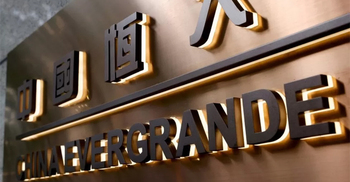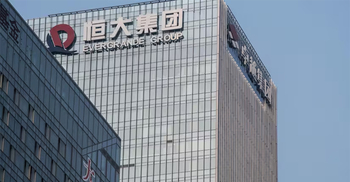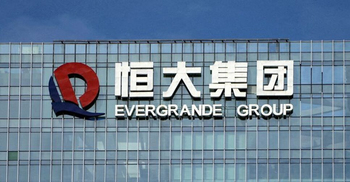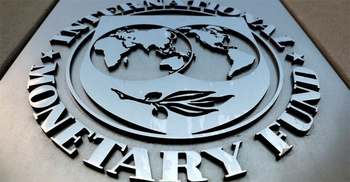The rise and fall of Evergrande's billionaire founder
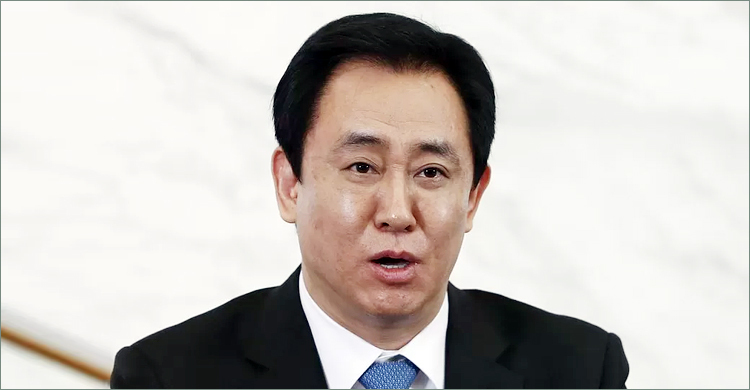
Hui Ka Yan, the founder and chairman of Chinese property giant Evergrande, was once Asia's richest person.
The 64-year-old, who is also known as Xu Jiayin, rose from a humble upbringing to head a vast business empire. His fortune was estimated at $42.5bn (£34.8bn) when he topped the list of Asia's wealthiest people compiled by Forbes magazine in 2017.
Now he is being investigated over suspected "illegal crimes" as his company teeters under the weight of $300bn (£245.4bn) of debt.
Who is Hui Ka Yan?
Born into a poor rural family in 1958, his early childhood was shaped by the Great Leap Forward - Mao Zedong's campaign to rapidly industrialise a Chinese economy reliant on agriculture that triggered a famine that killed millions.
Mr Hui was raised by his grandmother in a village in central Henan province after his mother died of sepsis when he was just eight months old.
After graduating from university in 1982, he spent the next decade working as a steel technician before becoming a salesman for a property developer in the city of Guangzhou in southern China. It was there that he founded Evergrande in 1996.
The company expanded rapidly as China's economy boomed by borrowing large amounts of money.
"He was an example of how anybody can become rich if you're smart enough and if you work hard enough," said Alicia Garcia Herrero, the chief economist for Asia-Pacific at French investment bank Natixis.
Mr Hui, who has been a Communist Party member for more than three decades, was elected in 2008 as a member of the Chinese People's Political Consultative Conference. The elite group of government officials and business leaders is the country's top advisory body.
A photograph of him at a party conference wearing a gold-buckled belt made by the French luxury label Hermès went viral on social media in 2012, earning him the nickname "belt brother".
Explosive growth
A rapidly expanding Evergrande raised $9bn in its 2009 Hong Kong stock market listing.
That growth was then turbo-charged by Mr Hui's "maximum leverage" approach, according to Jackson Chan from financial markets research platform Bondsupermart.
"Evergrande grew fast but even faster after he [Mr Hui] made friends with a group of [the] richest real estate tycoons in Hong Kong and the company was listed on Hong Kong Stock Exchange," Mr Chan says.
"He received numerous support from these friends as they bought a lot of Evergrande's stocks and bonds to help the company grow."
Evergrande's business model was to borrow large sums and then aggressively sell apartments that had not even been built. The group's real estate unit currently has more than 1,300 projects in more than 280 cities in the country, according to its website.
Mr Hui's business empire grew to encompass far more than just property and now includes operations including wealth management, electric car making and food and drink manufacturing.
It also has a majority stake in what was once China's top football team, Guangzhou FC.
Downfall
In 2020, Beijing brought in new rules to control the amount of money owed by big real estate developers.
The new measures led Evergrande to offer its properties at major discounts in an attempt to keep the business afloat. But it is now struggling to pay its debts.
The crisis has seen its stock market valuation shrink by 99% and Mr Hui's fortune plummet to $3.2bn.
Evergrande suspended trading of its shares in Hong Kong as Mr Hui became the latest Chinese billionaire to find himself being investigated by authorities.
Some experts see a link between China's wealthy elite coming under official scrutiny and President Xi Jinping's Common Prosperity policy, which aims to reduce income inequality.
Mr Hui is "the symbol of extreme wealth especially with his flamboyant lifestyle, flying around the world in his private jet," Dexter Roberts, Director of China affairs at the Mansfield Center at the University of Montana, told the BBC.
"Xi has made it clear that extreme wealth, especially when displayed publicly like Hui, isn't good for the economy and the society," Mr Roberts said, adding that Mr Hui was "seen as a natural target".
Although there has been no official statement yet on the investigation of Mr Hui, an opinion piece in the state-run Global Times newspaper indicated that the interests of ordinary citizens were being prioritised.
"Minimising homebuyers' losses at all costs should be the next biggest consideration in dealing with the Evergrande crisis," Hu Xijin, the paper's former chief editor wrote.
"We should deal with the matter strictly and in accordance with the law, keep the public informed, and look at how to support the company's customers as much as possible," he added.
Source: BBC


